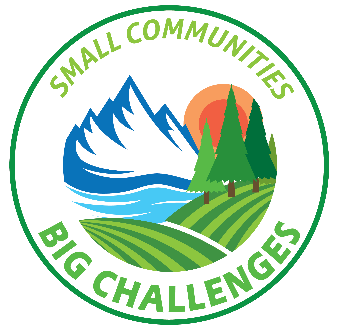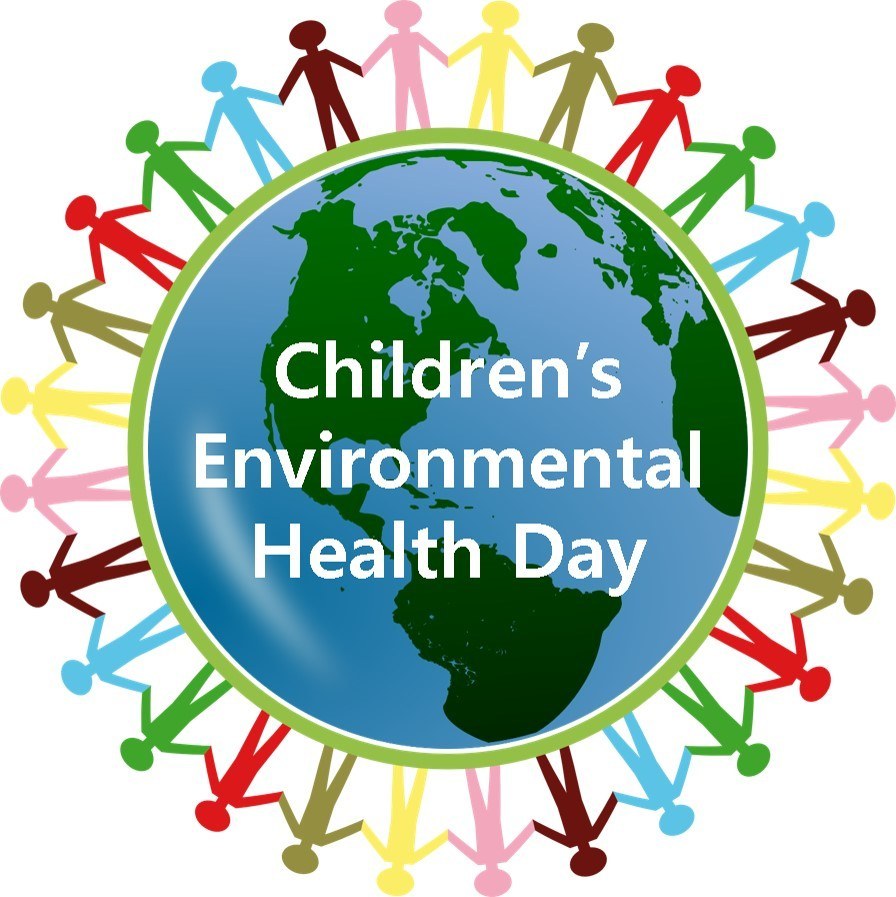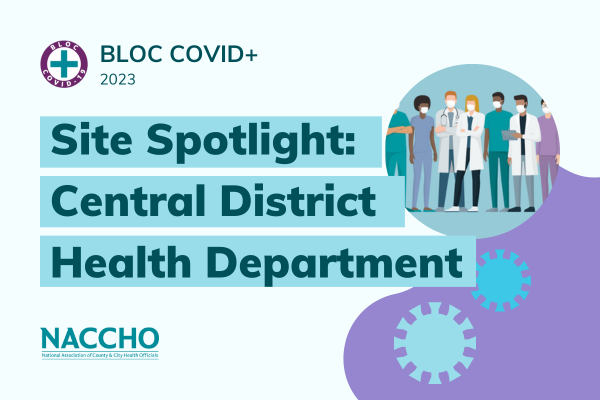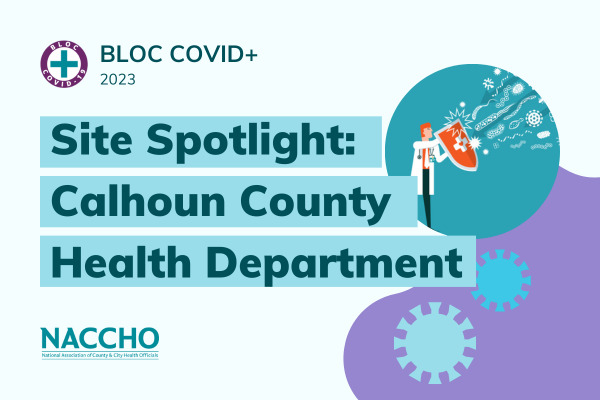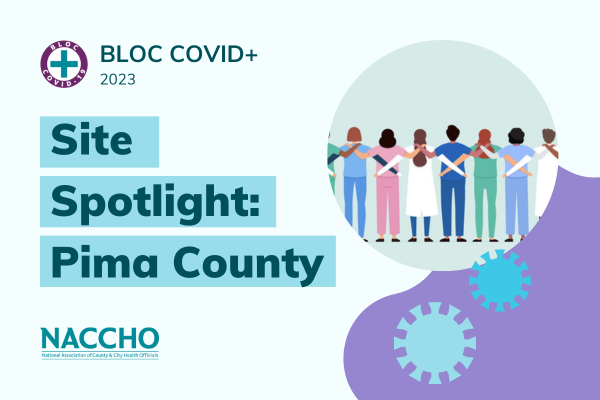Popular Categories
A Call to Action: Prepare for Climate Change
By Paul Biedrzycki, MPH, MBA, CIH, Director of Disease Control and Environmental Health, City of Milwaukee Health Department...
Jun 15, 2016 | Anastasia Sonneman
Informational Request: Help NEHA Identify Disaster Epidemiology Courses
The National Environmental Health Association (NEHA) is seeking information about disaster epidemiology courses for a multi-year...
Jun 01, 2016 | Anastasia Sonneman
Foodborne Illness Trends
The CDC’s Foodborne Disease Active Surveillance Network, FoodNet, has released their most recent report. This report provides a...
May 02, 2016 | Amy Chang
CDC Finds that Diagnostic Tests Challenge Foodborne Illness Tracking
In the April 15, 2016 issue of the CDC’s Morbidity and Mortality Weekly Report, the report states that diagnostic tests used to...
May 02, 2016 | Amy Chang
Zika Action Plan Summit: Lessons for Local Health Departments
On April 1, the Centers for Disease Control and Prevention hosted the Zika Action Plan Summit to convene state, local, and tribal...
Apr 14, 2016 | Christina Baum
Scholarship Application for Local Health Department Certification in Infection...
The 2014 Ebola outbreak in West Africa and cases in the United States revealed critical needs and opportunities to improve infection...
Apr 13, 2016 | Christina Baum
Letter from Dr. Beth Bell about a Funding Opportunity to Fight Antibiotic Resistance
Earlier this week at a forum hosted by The Atlantic, Dr. Beth Bell, Director of National Center for Emerging and Zoonotic Infectious...
Mar 21, 2016 | Christina Baum
CIFOR Training Grants Available to Local Health Departments
The Council on State and Territorial Epidemiologists (CSTE) is pleased to announce the availability of training grants for...
Mar 08, 2016 | Amy Chang
Provide Input on Training Website for Environmental Assessments during Foodborne...
The Colorado School of Public Health is compiling a list of trainings and resources to include on a new training website for...
Feb 16, 2016 | Amy Chang
A Call to Action: Prepare for Climate ChangeBy Paul Biedrzycki, MPH, MBA, CIH, Director of Disease Control and Environmental Health, City of Milwaukee Health Department Regardless of the current political debates on the existence of climate change, there is mounting and compelling scientific evidence that not only indicates climate change is occurring, but also predicts significant health risks, especially for vulnerable populations.... Jun 15, 2016 | Anastasia Sonneman |
Informational Request: Help NEHA Identify Disaster Epidemiology CoursesThe National Environmental Health Association (NEHA) is seeking information about disaster epidemiology courses for a multi-year collaboration with the Centers for Disease Control and Prevention (CDC), Health Studies Branch, to develop a standardized, modular-based applied disaster epidemiology curriculum. Health departments will be able to use the modules to bolster their preparedness and... Jun 01, 2016 | Anastasia Sonneman |
Foodborne Illness TrendsThe CDC’s Foodborne Disease Active Surveillance Network, FoodNet, has released their most recent report. This report provides a preliminary 2015 data on the nine most common germs spread through food. Overall, the progress in reducing rates of foodborne illnesses has been limited since 2012 and the most frequent causes of infection in 2015 were Salmonella and Campylobacter. […] May 02, 2016 | Amy Chang |
CDC Finds that Diagnostic Tests Challenge Foodborne Illness TrackingIn the April 15, 2016 issue of the CDC’s Morbidity and Mortality Weekly Report, the report states that diagnostic tests used to identify foodborne illnesses faster could soon pose challenges to finding outbreaks and monitoring progress toward preventing foodborne disease. Culture-independent diagnostic tests (CIDTs) help doctors diagnose infections quicker than traditional culture methods,... May 02, 2016 | Amy Chang |
Zika Action Plan Summit: Lessons for Local Health DepartmentsOn April 1, the Centers for Disease Control and Prevention hosted the Zika Action Plan Summit to convene state, local, and tribal representatives to improve Zika preparedness and response in the United States. Dr. LaMar Hasbrouck, Executive Director, and Dr. Oscar Alleyne, Senior Adviser for Public Health Programs, attended on behalf of NACCHO. I spoke […] Apr 14, 2016 | Christina Baum |
Scholarship Application for Local Health Department Certification in Infection ControlThe 2014 Ebola outbreak in West Africa and cases in the United States revealed critical needs and opportunities to improve infection control in both healthcare and community settings. In addition to emerging infectious diseases, ongoing outbreaks of healthcare-associated infections (HAIs) also highlight these needs. The Centers for Disease Control and Prevention (CDC) estimates that over […] Apr 13, 2016 | Christina Baum |
Letter from Dr. Beth Bell about a Funding Opportunity to Fight Antibiotic ResistanceEarlier this week at a forum hosted by The Atlantic, Dr. Beth Bell, Director of National Center for Emerging and Zoonotic Infectious Diseases (NCEZID) characterized antimicrobial resistance as “one of the major challenges of our time.” Antimicrobial resistance poses a threat to the health of our communities and to the effectiveness of medical treatment strategies, […] Mar 21, 2016 | Christina Baum |
CIFOR Training Grants Available to Local Health DepartmentsThe Council on State and Territorial Epidemiologists (CSTE) is pleased to announce the availability of training grants for implementation of the Second Edition of the Council to Improve Foodborne Outbreak and Response (CIFOR) Guidelines for Foodborne Disease Outbreak Response and the CIFOR Toolkit. The opportunity is now open to health departments serving a population size of […] Mar 08, 2016 | Amy Chang |
Provide Input on Training Website for Environmental Assessments during Foodborne Illness OutbreaksThe Colorado School of Public Health is compiling a list of trainings and resources to include on a new training website for conducting environmental assessments during foodborne illness outbreaks. The website goal is to increase the quality of environmental assessments by organizing and vetting existing training and resources. Target users include environmental health practitioners in state,... Feb 16, 2016 | Amy Chang |
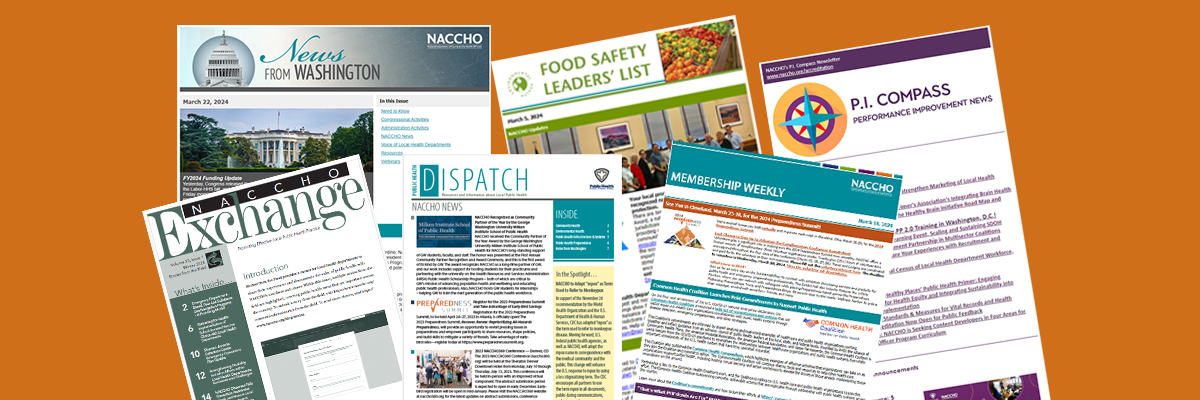
Subscribe Today
Sign Up for the E-mail Digests
Create an account or login to MyNACCHO and go to "My Subscriptions."
SUBSCRIBE NOW
